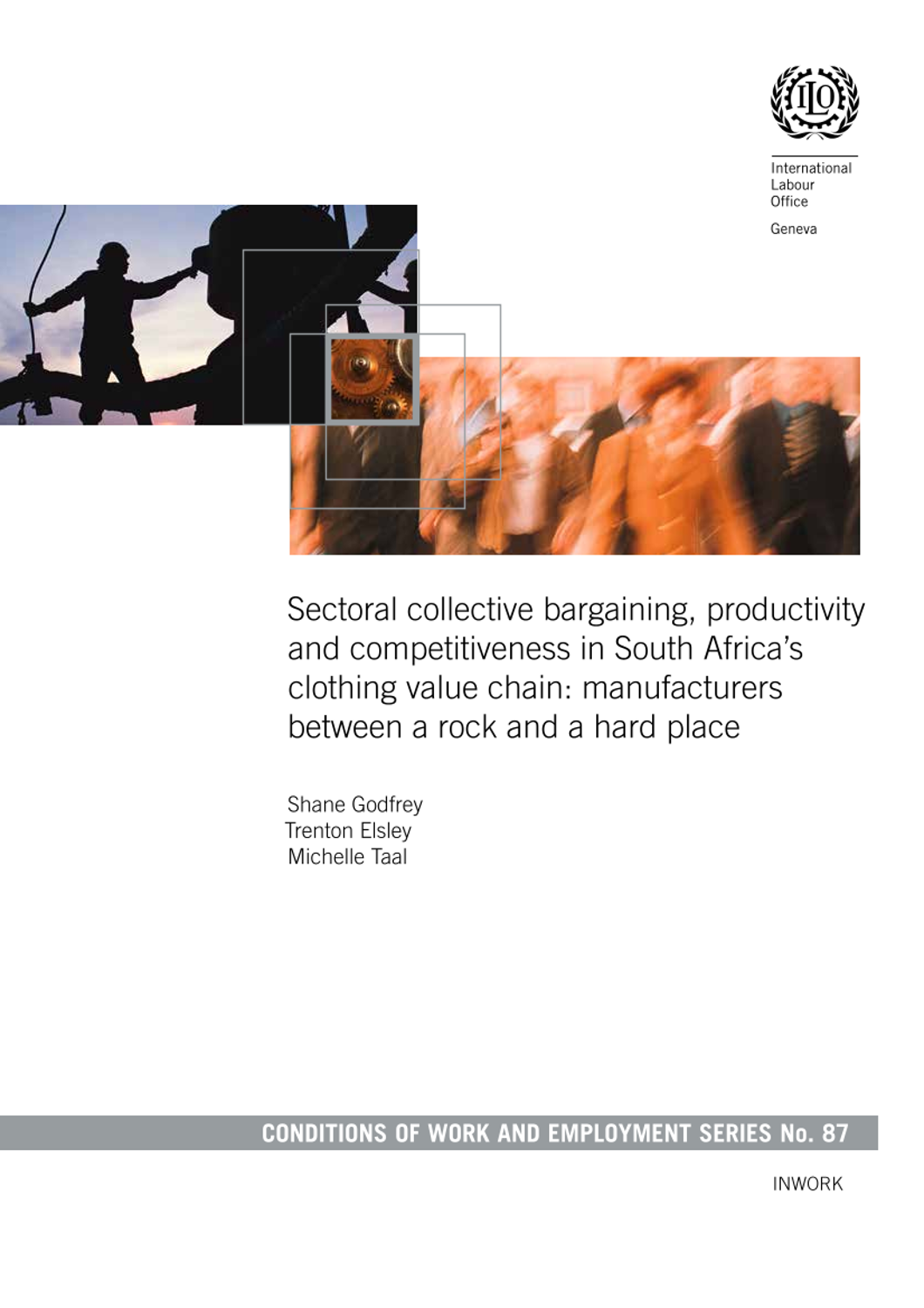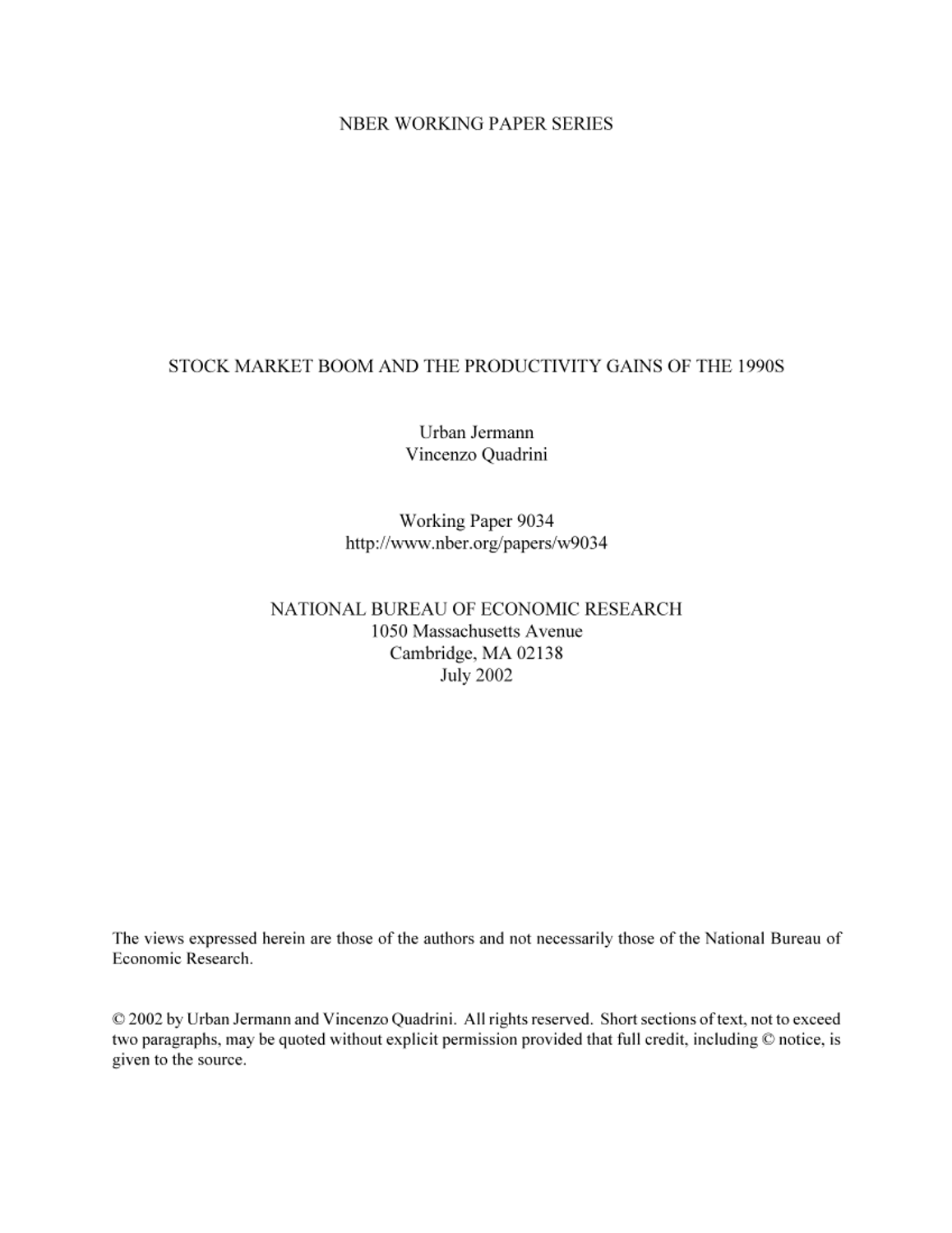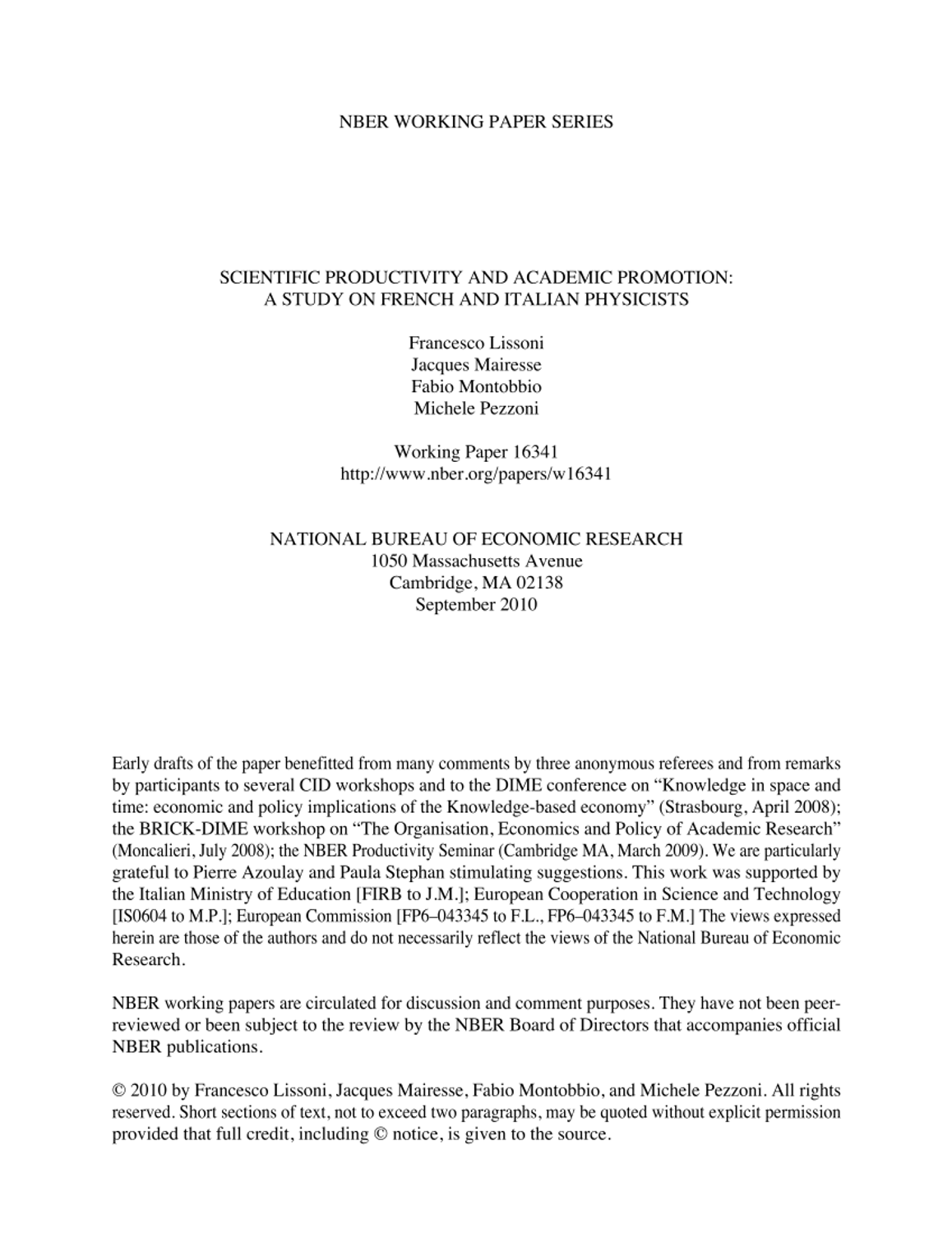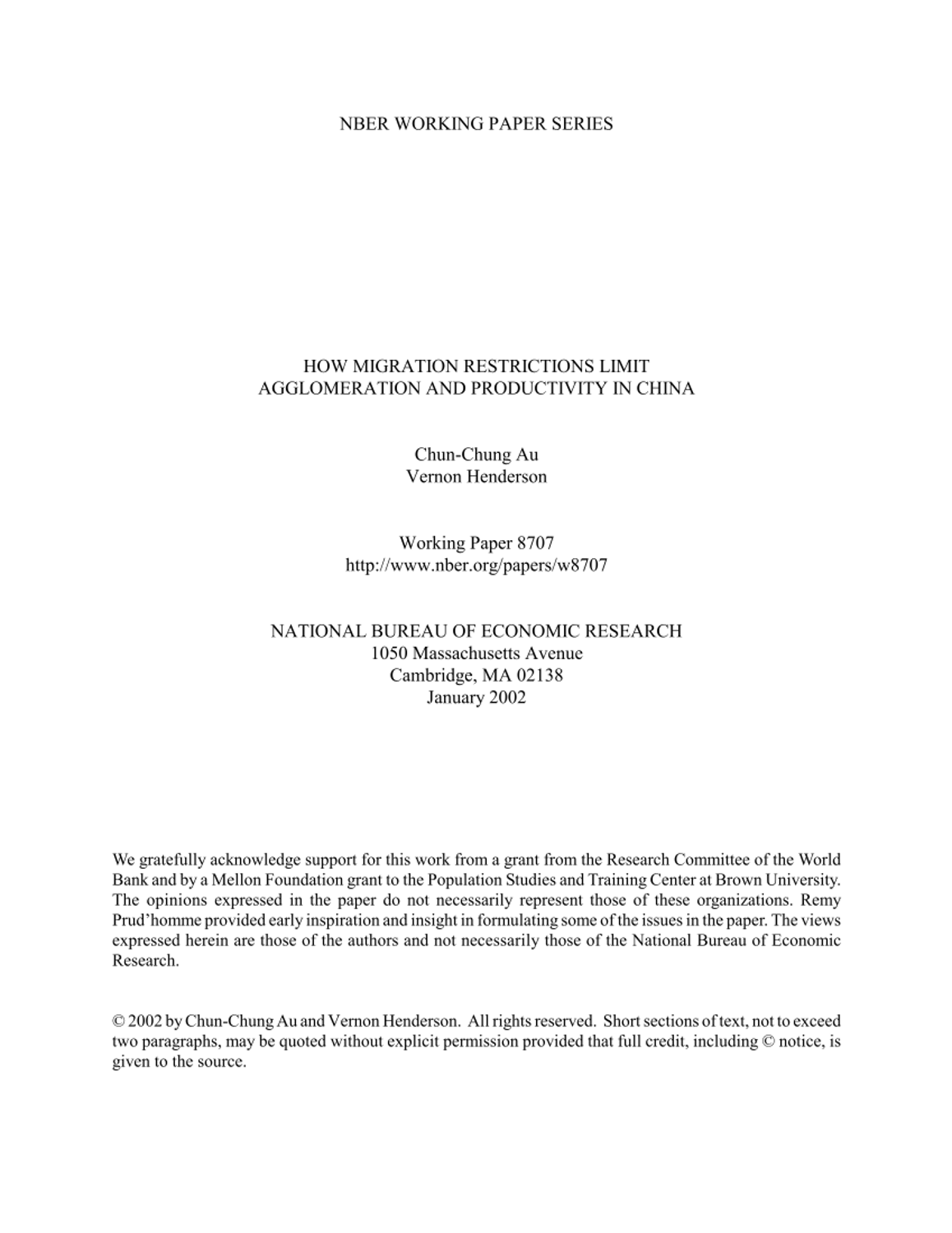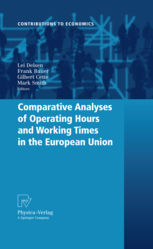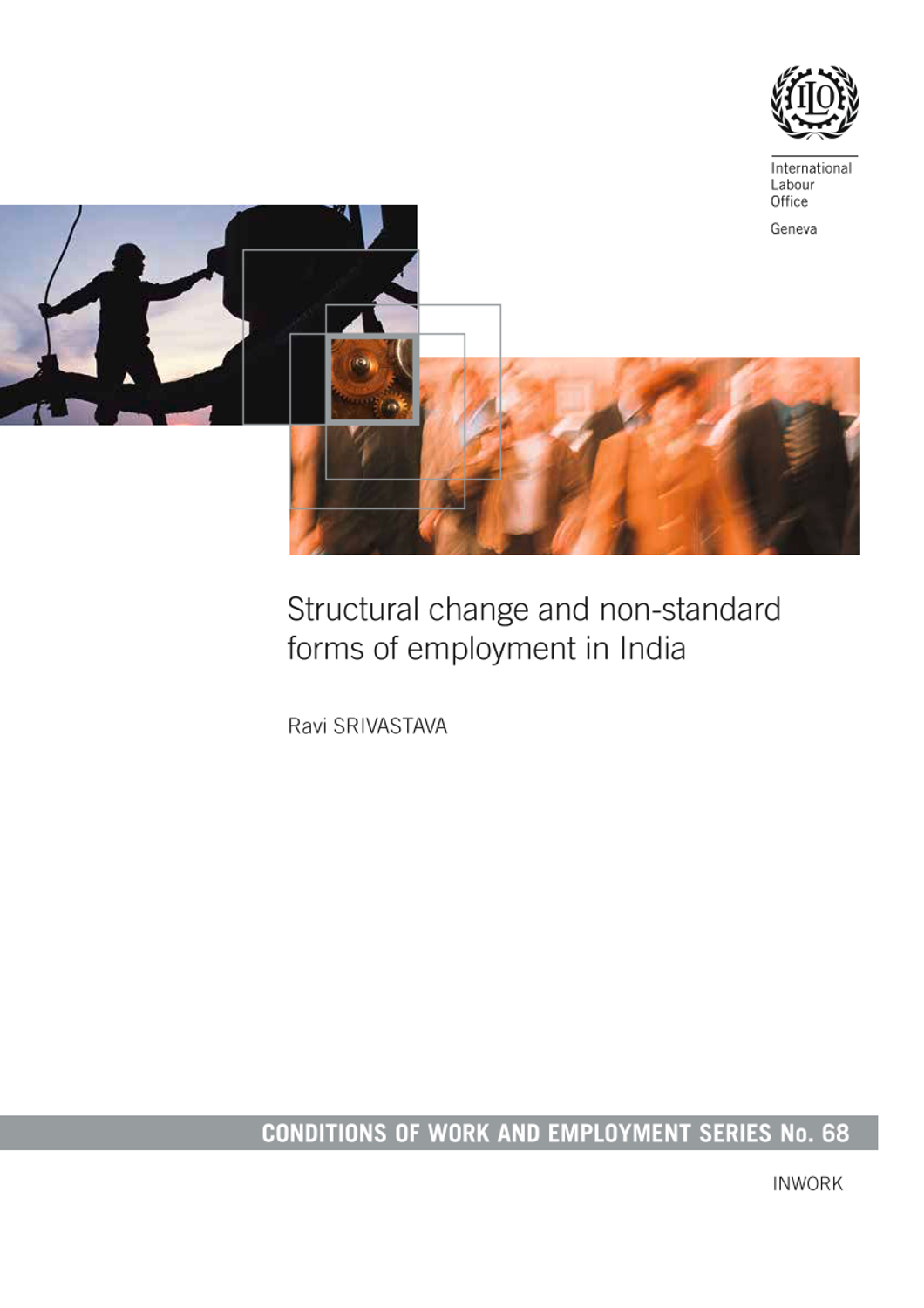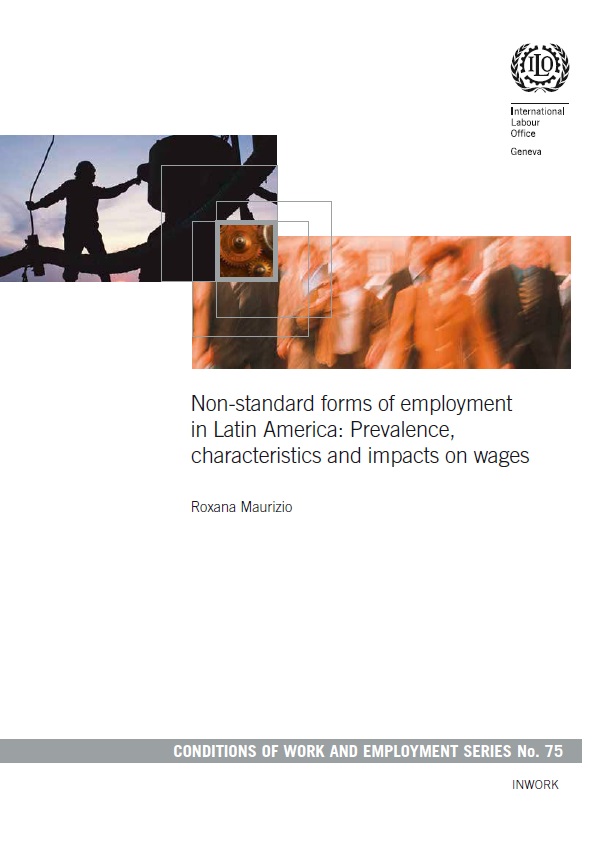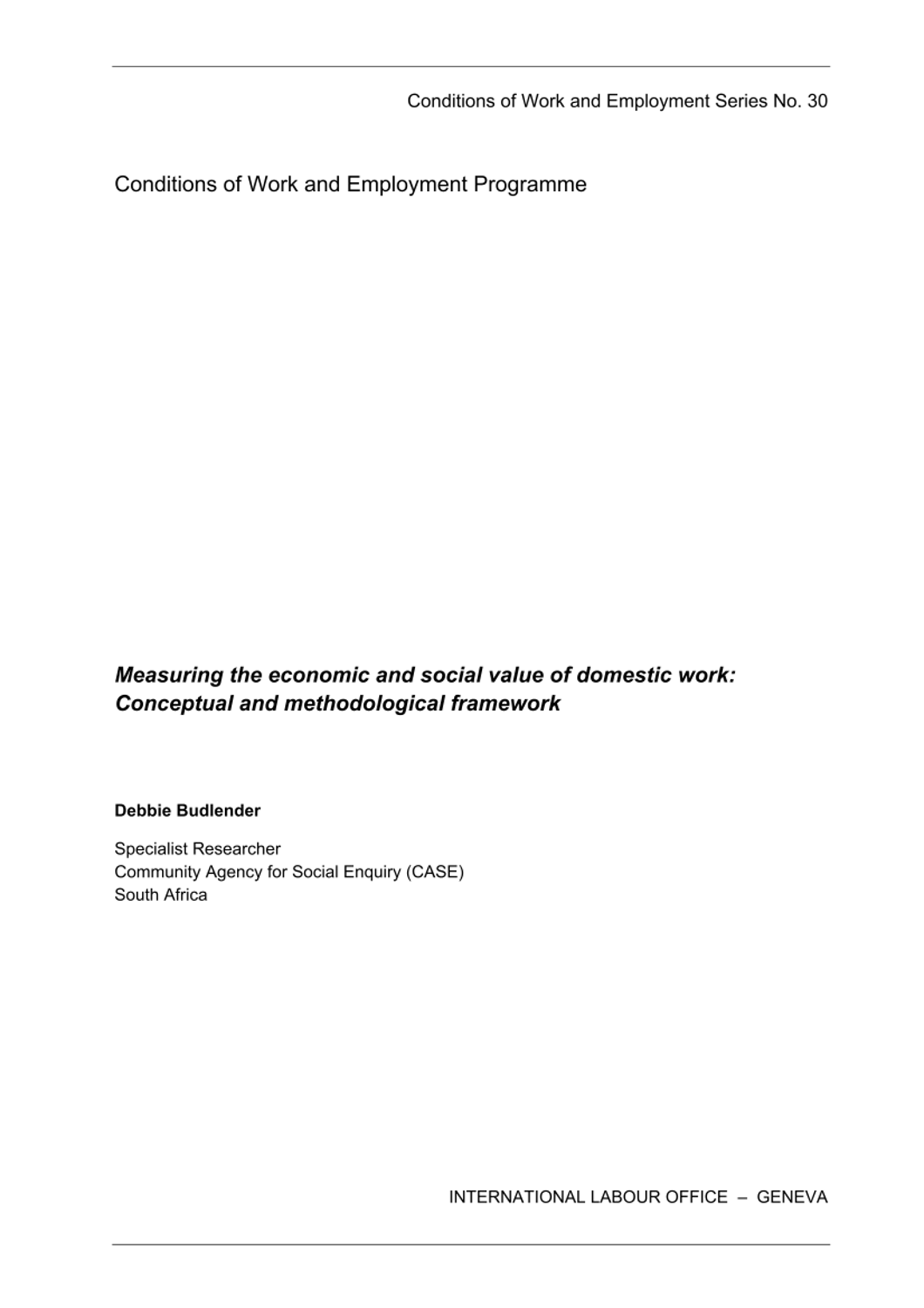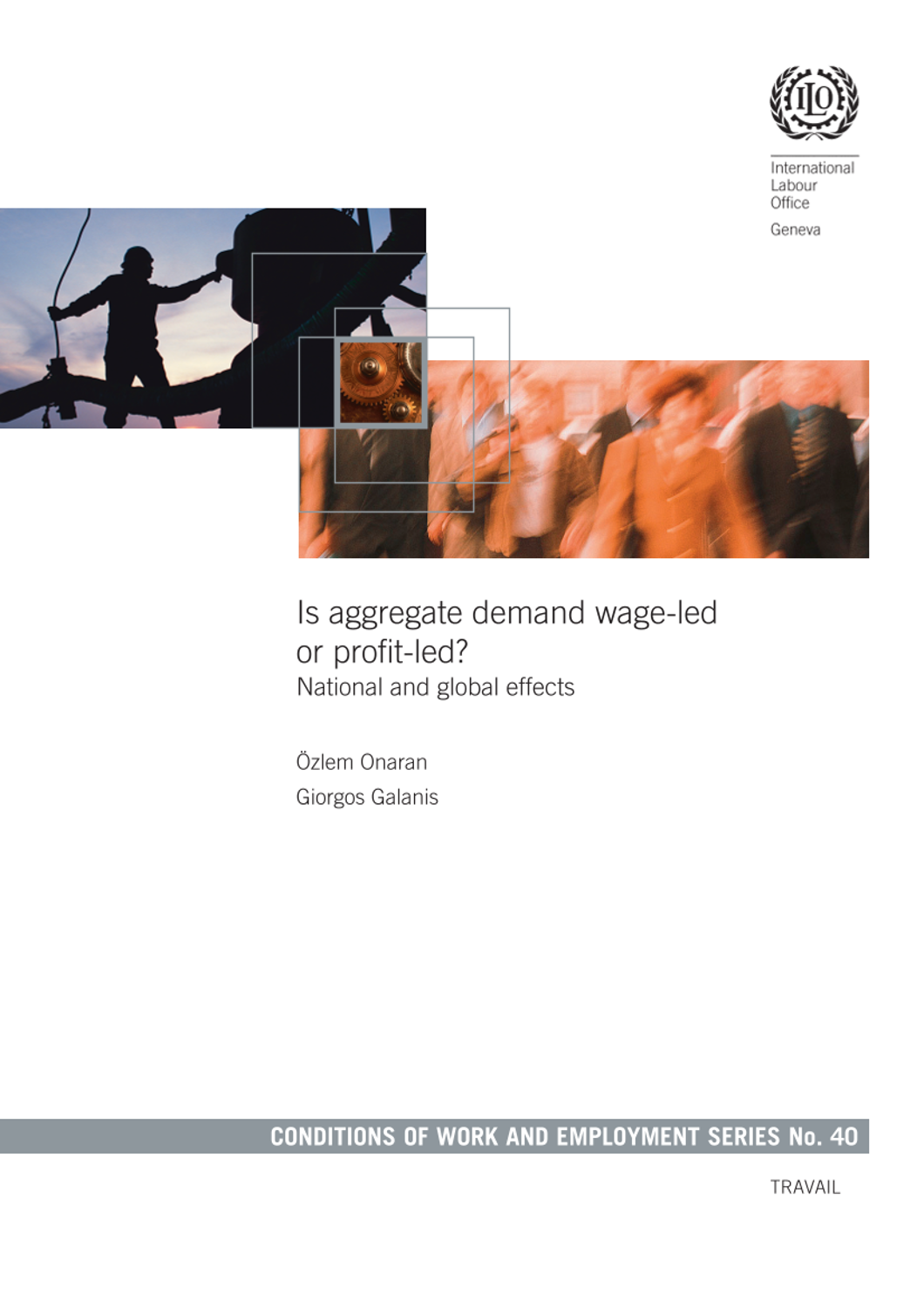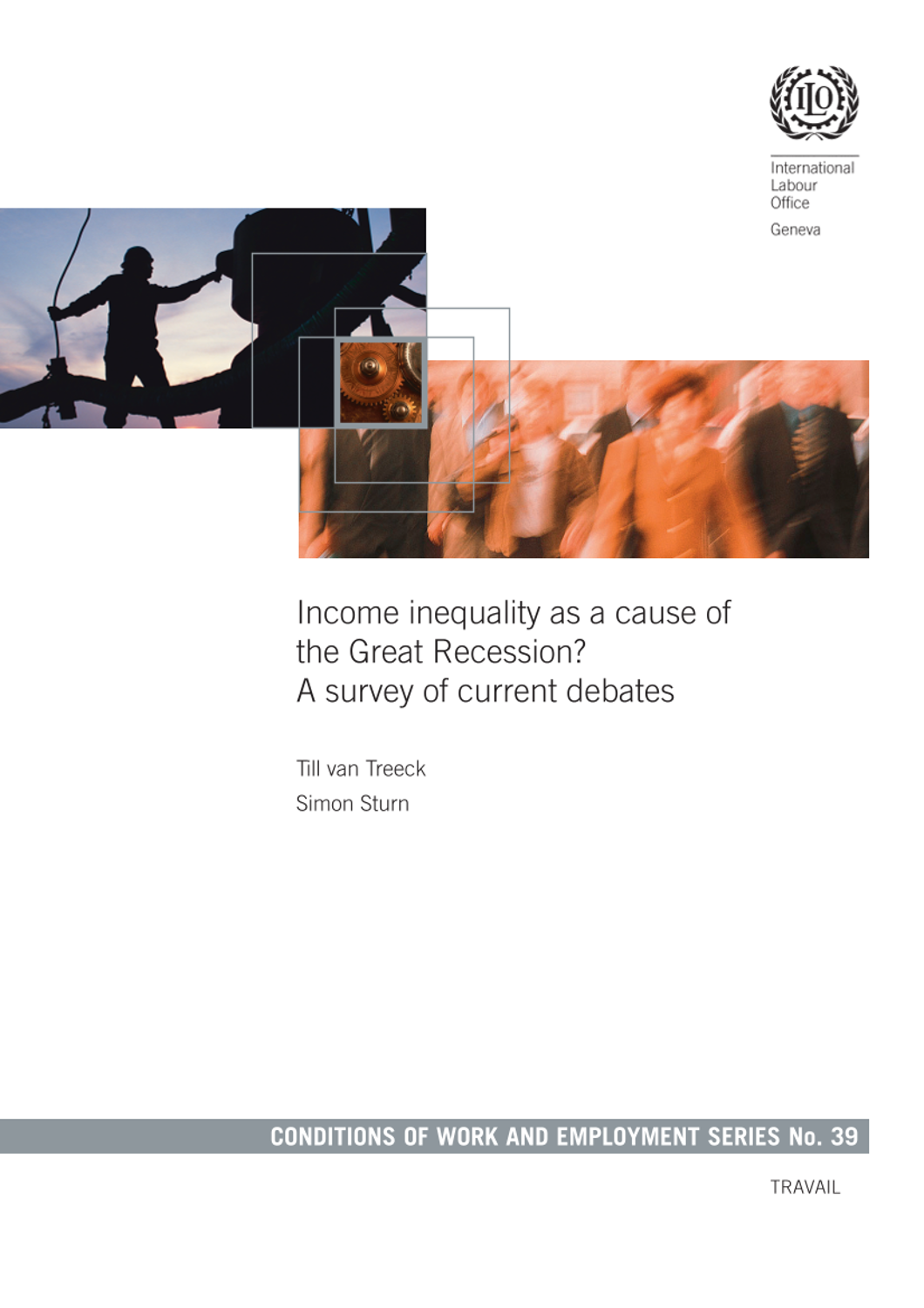연구보고서Conditions of Work and Employment Series 87
Sectoral collective bargaining, productivity and competitiveness in South Africa’s clothing value chain: manufacturers between a rock and a hard place
- 청구기호
- CWES 87
- 발행사항
- Geneva : ILO, 2016
- 형태사항
- 46 p. :. PDF file ;. 491 KB
- 키워드
- Clothing industry, Wage determination, Productivity, Value chains, Collective bargaining, South Africa
- 바로가기
소장정보
| 위치 | 등록번호 | 청구기호 / 출력 | 상태 | 반납예정일 |
|---|---|---|---|---|
이용 가능 (1) | ||||
| E0002543 | 대출가능 | - | ||
이용 가능 (1)
- 등록번호
- E0002543
- 상태/반납예정일
- 대출가능
- -
- 위치/청구기호(출력)
책 소개
This working paper focusses on the role of sectoral collective bargaining in wage setting and the different factors that might account for the link between wage and productivity growth. It examines various initiatives to improve productivity in the South African clothing sector. These include sectoral framework agreements on the adoption of productivity schemes at the enterprise level, the introduction of ‘world class manufacturing techniques’, consultant-led productivity schemes, and management-designed incentive schemes introduced in consultation with workers. The study finds that sectoral-level bargaining is effective in establishing a common wage floor for the industry that also rewards more productive firms (and workers). Moreover, during a period of liberalization and industry restructuring, wage have been rising alongside increases in labour productivity. However, this link between wages and productivity was not achieved through “organized decentralization” (i.e. enterprise-level productivity bargaining within a sectoral framework agreement). Rather, it was the outcome of a “complex package of competitive strategies pursued by firms”. These included, notably, management capability and capacity and relations between retailers (‘buyers’) and manufacturers. The paper also examines the challenges experience by some manufacturers in respect of compliance with wages and the manner in which the gains are distributed in the value chain. It concludes with some ideas about the need for a new approach to collective bargaining in light of the restructuring of the clothing value chain in South Africa.
목차
1. Introduction
2. Wage setting institutions: continuities and changes
3. The clothing sector in South Africa
3.1Trade and industrial policy
3.2 Restructring and the challenge of competitiveness
3.3 Setoral bargaining, wages and employment
4. Measuring productivity and linking wages to productivity
4.1 Measuring productivity: the economist's perspective
4.2 Measuring productivity: the production manager's perspective
4.3 Linking productivity and wages in sector-level collective bargaining
4.4 Linking productivity and wages at enterprise level: five case studies
4.5 Analysis of quantitative data and case studies
5. Conclusion: Is there a need for a new approach to collective bargaining?
References
Conditions of Work and Employment Series

